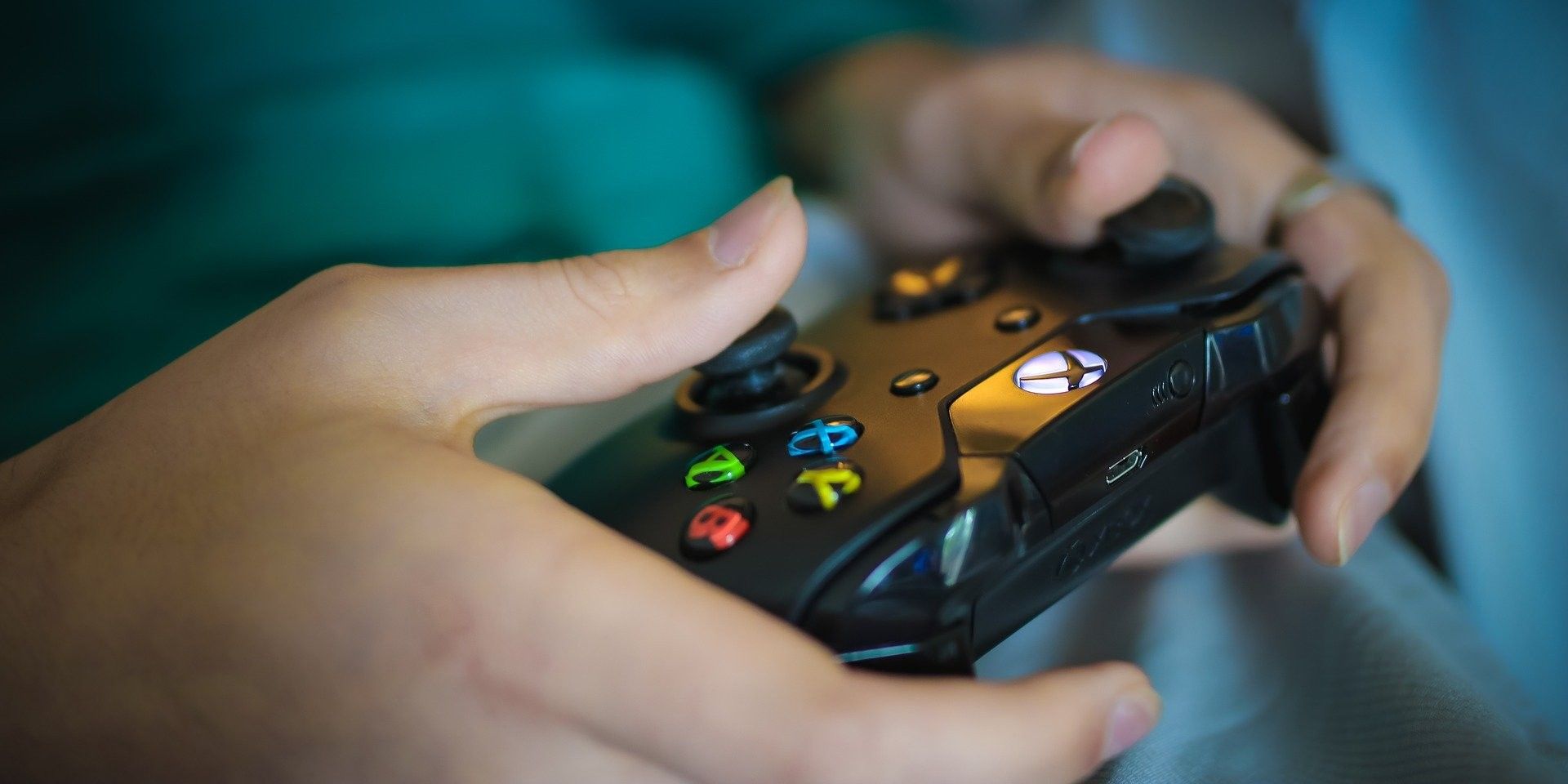A recent study found that 59% of female gamers use non-gendered or male identities online in order to avoid harassment from other players.
The study, conducted by Reach3 in Vancouver, BC and Chicago IL in cooperation with Lenovo and Rival Technologies, was designed to better understand how companies can create a more positive space for female gamers. "Despite still being mostly associated with men, gaming is on the rise with women," said Reach3 Insights' Senior Vice President Leigh Admirand. "We were thrilled to work with Lenovo on this study as we hope it will help companies create a more inclusive gaming environment for women gamers and lead to long-term change in the industry." The study featured 900 participants across China, Germany and the United States, as well as 98 men also based in the USA.
Researchers found that women are playing the same games as men -- 88% of female gamers are playing competitive games, 75% play action/survival, and 66% play shooters. 77% of the participants surveyed responded that they had dealt with some type of harassment or frustrating incident due to their gender. 44% of the participants commented that they received unsolicited invitations for relationships. Of the harassment-related comments female gamers received, judgments of skill (70%), gatekeeping (65%) and patronizing comments (50%) were the most common.
The study also found that of these participants, 59% used either a non-gendered or male identity in order to avoid harassment while playing online, and 71% of participants commented that companies could potentially improve the environment of online games. It was recommended by participants that a more inclusive space could be cultivated by creating more diverse advertisements with representation from a wider demographic of gamers.
As reported by Forbes, women account for nearly 41% of all gamers in the United States, and for 40-45% of the Asian gaming population (which makes up 48% of the world's total gaming revenue) as of 2020, the study suggests that the division of gender in video games is increasingly headed towards an even split.
With female player-bases on the rise, both online and off, research suggests women would have companies and the video game industry at large take a more inclusive approach with how female gamers are treated and represented. In the wake of social justice initiatives such as 2017's #MeToo Movement, the gamergate controversy and Time's Up, women have begun to more openly speak out against discrimination and harassment at work and home. However, in spite of these initiatives, the harassment of female gamers throughout the industry, either as targeted or atmospheric, continues to be an issue.
Source: Reach3

